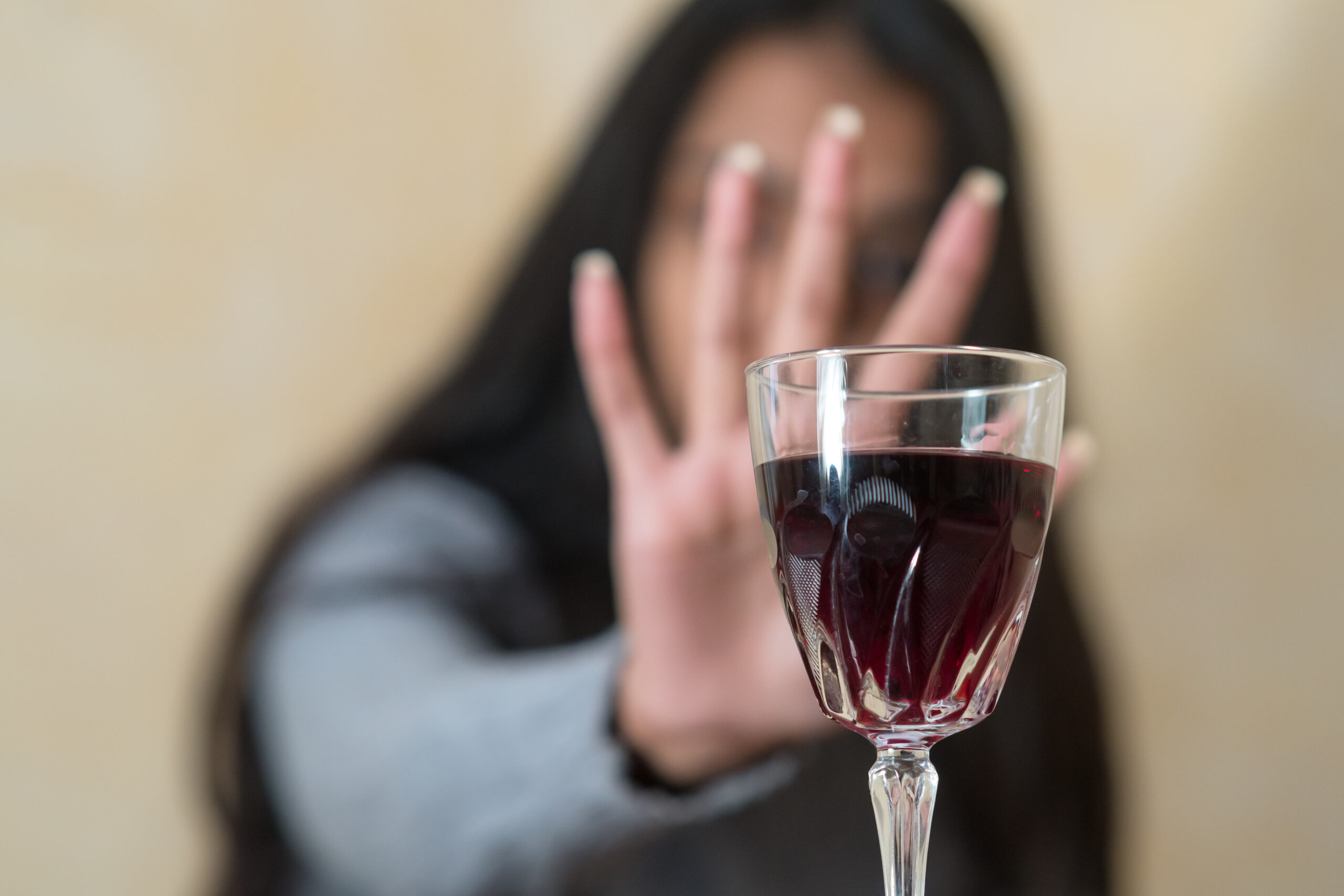Why Can’t I Stop Drinking?
You want to quit, but it seems that every time you have your “last drink,” inevitably, you end up drinking again. This has nothing to do with your “willpower.” Over time, regular alcohol consumption alters your brain chemistry to make you dependent on it. Essentially, binge drinking causes the GABAA neuroreceptors in your brain to become reliant on alcohol to produce dopamine. Dopamine is a chemical that is essential for making you feel energetic, motivated, and happy, so when you have alcoholism and you stop drinking, you just don’t feel “normal.” It gets to the point where you have to drink just to feel okay. Without sufficient dopamine, you’re left feeling depressed, tired, and unable to get through the day. No wonder you end up drinking again! Fortunately, you are not resigned to a life of alcohol dependence. You can retrain your brain to stop thinking about drinking all the time.
Know Your Reason for Quitting
Chances are, if you have gotten this far, you truly want to stop drinking. However, the road ahead is not easy, so it’s important that you are truly committed to this decision. For many drinkers, giving up alcohol means you have to restructure your life. While many people with alcohol dependence are surrounded by people who are concerned about their wellbeing, others are surrounded by other problem drinkers who would not support them going sober.
Make a Pros and Cons List
It can be helpful to write out all the pros and cons of drinking. This way, you can identify the most important reasons why you want to quit. It might look something like this:
| Pros | Cons |
| I only feel normal when I drink. | I feel depressed, anxious, and ashamed of my drinking. |
| It takes my mind off my problems. | I have trouble in my relationships because of my drinking. |
| It helps me escape my responsibilities. | I don’t feel healthy. |
| All my friends are drinkers too. | I don’t have the time, energy, or money to do things or spend time with people I care about. |
| It interferes with my job and other responsibilities. | |
Tell Your Friends and Family
Talk to your friends and family about how you want to quit drinking. While your drinking buddies may discourage you, chances are, you have relationships that have been negatively impacted by your alcohol addiction. Talking to people who care about you establishes accountability with your goal to stop drinking, and gives you the support system you need to be successful. Knowing that your family is counting on you to stop drinking can be a very compelling reason to go into alcohol treatment.
Keep a Journal
Keeping a journal about your drinking can help you identify exactly how big of a problem you have and how drinking makes you feel. You can keep it very simple by just writing down the number of drinks you have every time you drink, or you could expand on this by writing down how you’re feeling, where your thoughts go, and how other people react to you.
Outpatient Alcohol Treatment in Denver
At our outpatient treatment center in Denver, we use medical interventions to address the biological and psychological causes of addiction. Under two months of medical treatment, we are able to provide FDA-approved medications, physician supervision and guidance, and psychotherapy to help your brain relearn how to function without alcohol. For every individual, this course of treatment will look different based on lifestyle. It may involve treating underlying medical conditions contributing to your alcohol addiction, counseling you on nutrition, providing additional psychotherapy or physical therapy, or any number of treatments, depending on your unique needs. Regardless of the specifics of your treatment, we are confident that our highly successful program can help you go sober forever. For a free consultation with an addiction specialist, contact us today.


0 Comments